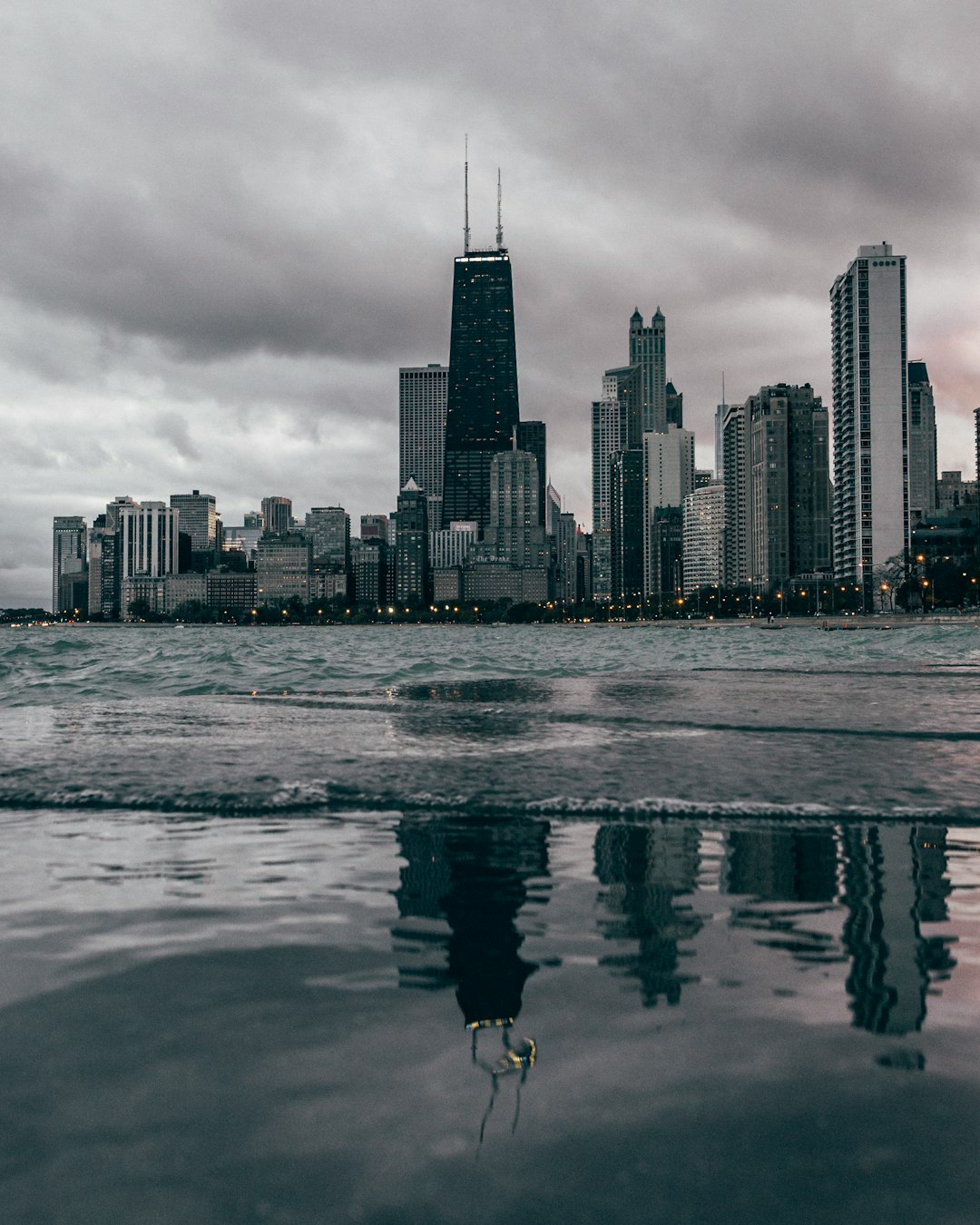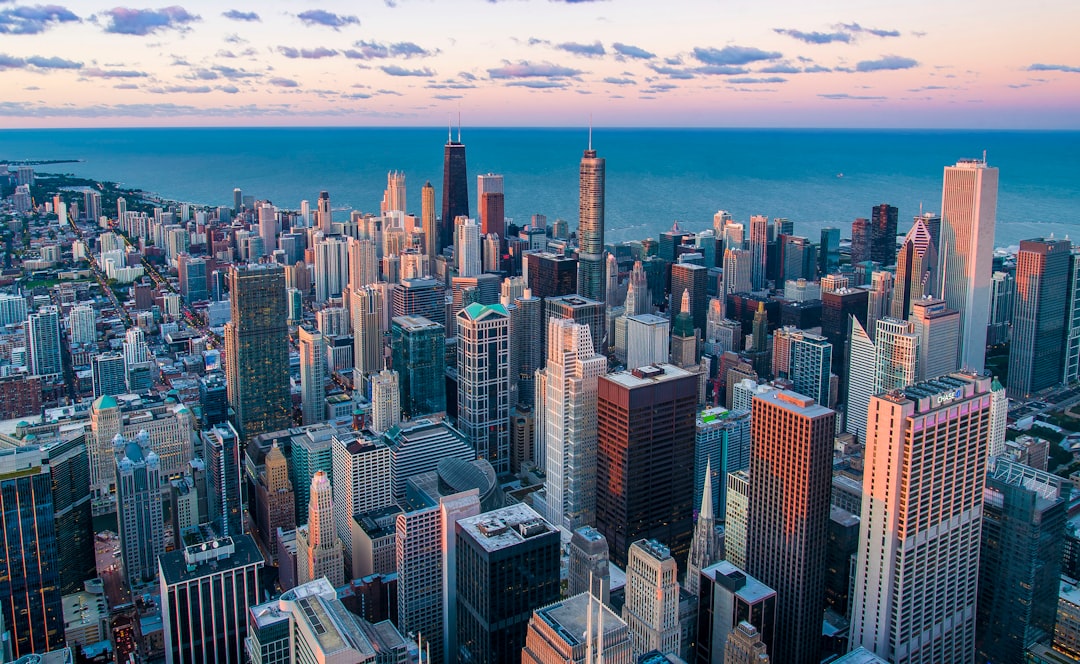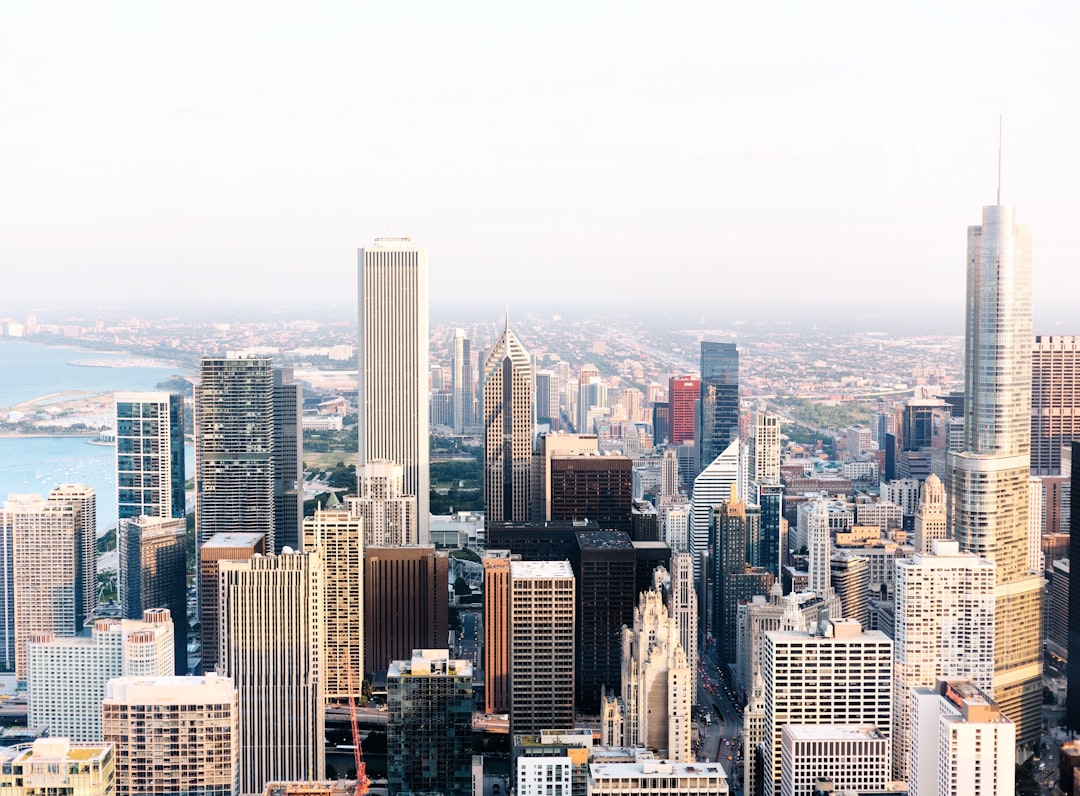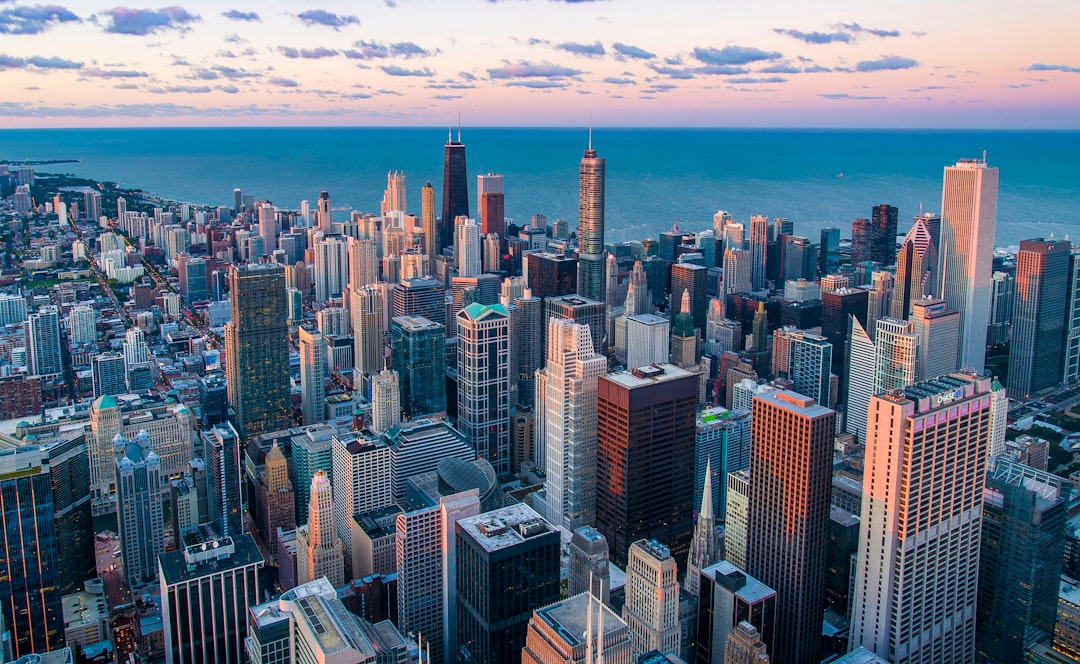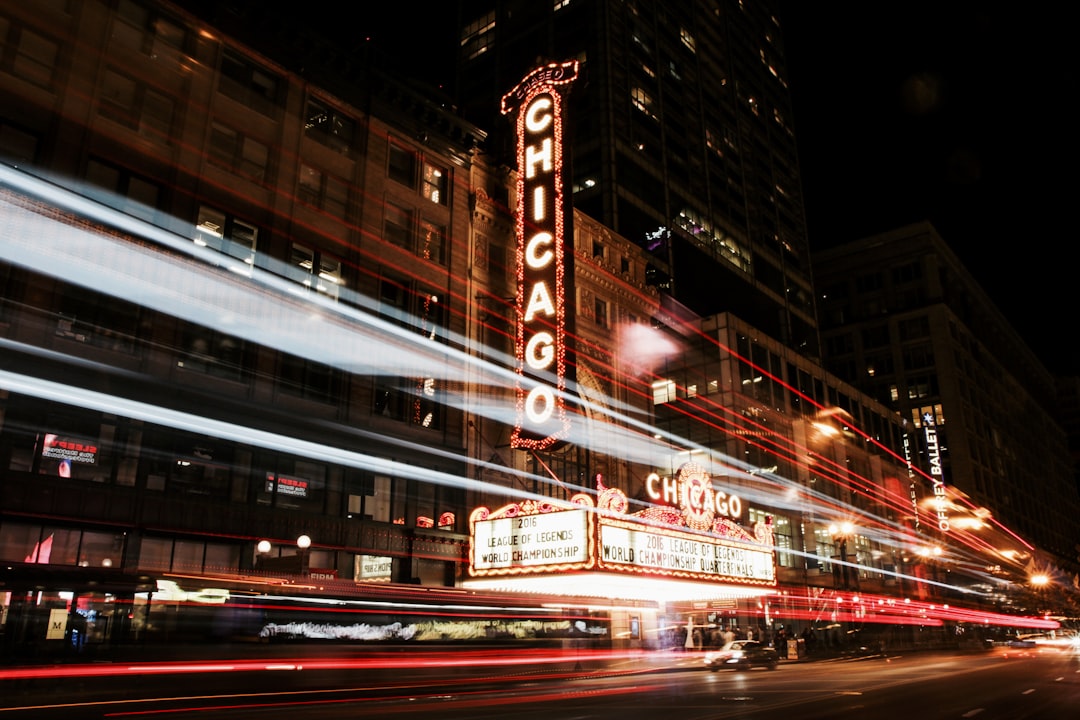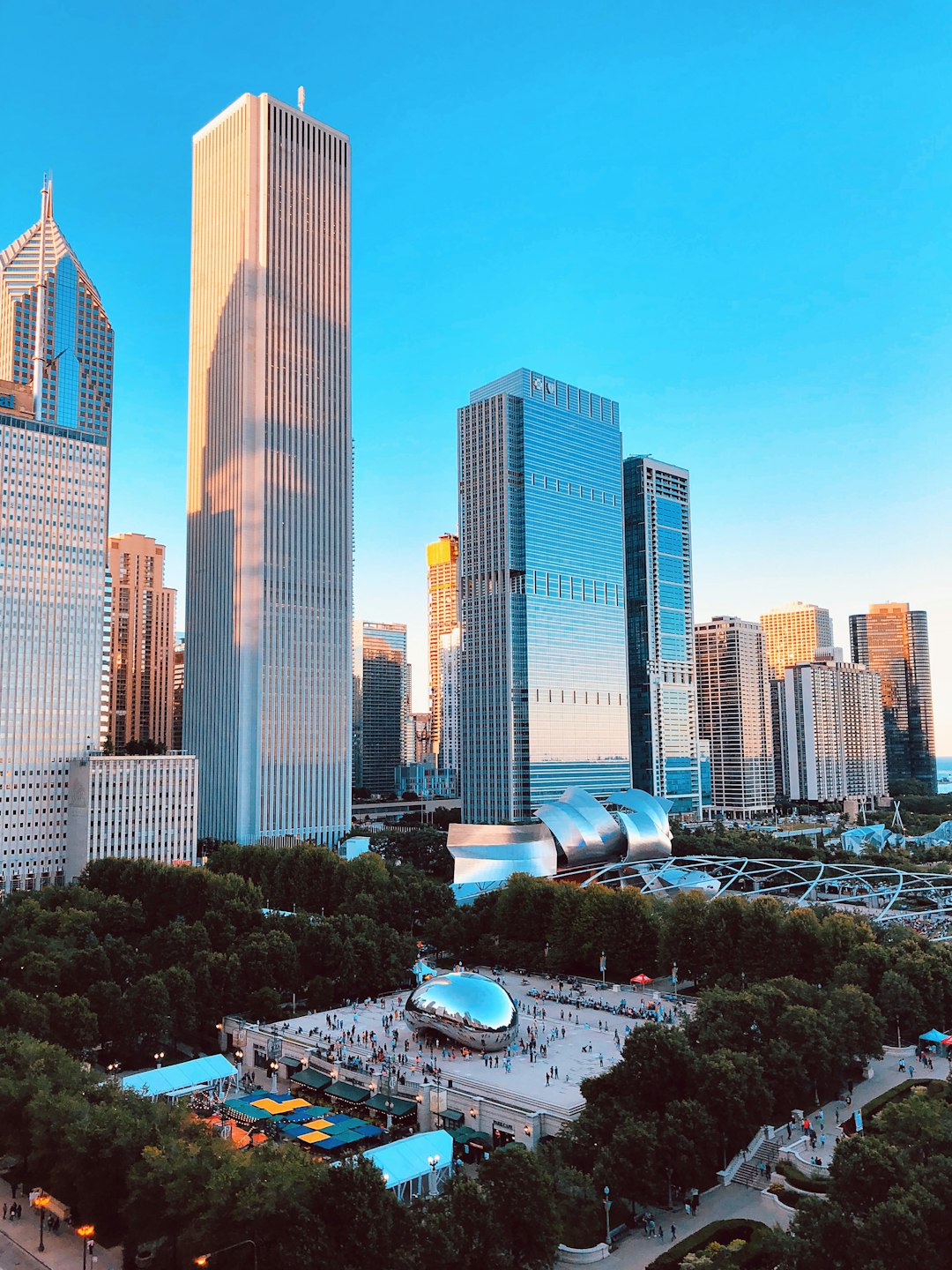In today's digital era, persistent robocalls have become a growing concern in cities like Joliet and Aurora, impacting residents' mental health. Automated calls from autodialers for marketing or political campaigning cause stress, anxiety, and fear. Legal professionals, including autodialer lawyers in Chicago, play a vital role in protecting citizens from overwhelming robocalls through regulations like the TCPA. By combining technological solutions and legal measures, residents can block unwanted calls and reduce mental distress, regaining control over their communication channels.
In today’s digital age, persistent robocalls have become a ubiquitous nuisance, particularly in bustling urban centers like Joliet and Aurora. This article delves into the long-term effects of these unwanted automated calls on mental health. We explore the psychological impact, from heightened stress and anxiety to potential mental health consequences, painting a concerning picture. Furthermore, we analyze the legal perspective through autodialer regulations, offering insights for Chicago’s consumer protection lawyers. Finally, we present strategies to mitigate robocall distress and empower residents against this modern-day irritant.
Understanding the Prevalence of Robocalls in Urban Areas
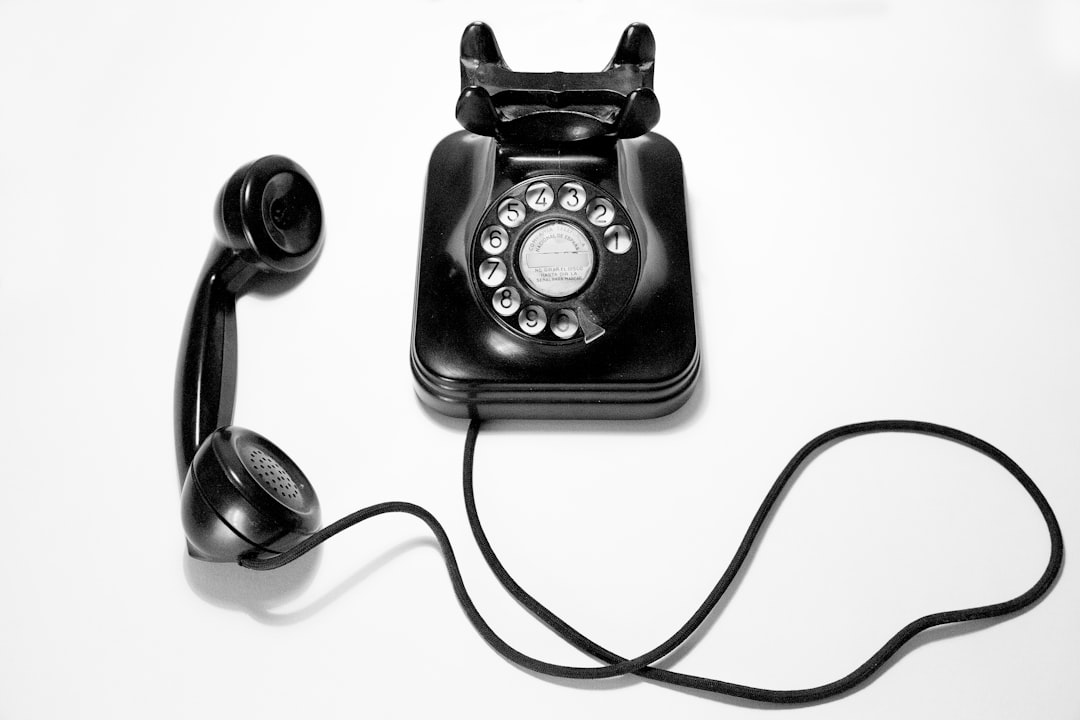
In today’s digital era, persistent robocalls have become a ubiquitous part of daily life for residents of major cities like Joliet and Aurora. These automated phone calls, often from autodialers, serve various purposes such as marketing and political campaigning but can also be invasive and distressing. The sheer volume of robocalls in urban areas underscores the need to understand their long-term effects on mental health. Many residents report feeling harassed, frustrated, and even scared by these relentless calls, leading to increased stress levels and potential psychological repercussions.
The prevalence of robocalls in urban centers is a growing concern for many. While some may perceive them as harmless marketing tactics, the cumulative impact on individuals and communities cannot be overlooked. Legal professionals, such as an autodialer lawyer Chicago, play a crucial role in navigating this complex issue. They help victims understand their rights, offer strategies to mitigate the effects of robocalls, and advocate for regulations that protect citizens from excessive and unwanted phone calls.
The Psychological Impact: Stress and Anxiety from Unwanted Calls

The constant deluge of robocalls can take a significant toll on one’s mental health, especially in densely populated areas like Joliet and Aurora where residents are never far from the next automated message. These unwanted calls, often delivered through autodialers, can induce stress and anxiety in recipients, leading to increased heart rates, disrupted sleep patterns, and heightened vigilance. The consistent pressure of having to either answer or block these calls can feel overwhelming, particularly for those with existing mental health conditions.
The constant noise from robocalls can also contribute to a general sense of chaos and disorientation, impacting concentration and productivity. In a city like Chicago, where legal action against autodialer abuse is accessible through an experienced autodialer lawyer, residents still face the psychological scars left by frequent unwanted calls. The mental health implications demand attention, especially as cities continue to grow and technological intrusions into personal space become more prevalent.
Long-term Mental Health Consequences: A Growing Concern

The persistent and often unwanted nature of robocalls has led to a growing concern regarding their long-term mental health effects, especially in densely populated areas like Joliet and Aurora. Numerous residents are not only frustrated by the frequent interruptions but also experience heightened stress and anxiety levels as a result. These automated calls, driven by autodialer technology, have become a pervasive issue, particularly for those who deal with intrusive marketing or scams.
Over time, the constant exposure to robocalls can contribute to increased feelings of annoyance, frustration, and even fear among vulnerable individuals. This is especially true in cities where high call volumes make it harder for people to differentiate between legitimate communications and unwanted marketing efforts. An autodialer lawyer Chicago might note that legal remedies exist to combat this growing problem, but the impact on mental health deserves equal attention, as it can significantly affect the overall well-being of residents in these urban centers.
Legal Perspective: Autodialer Regulations and Consumer Protection
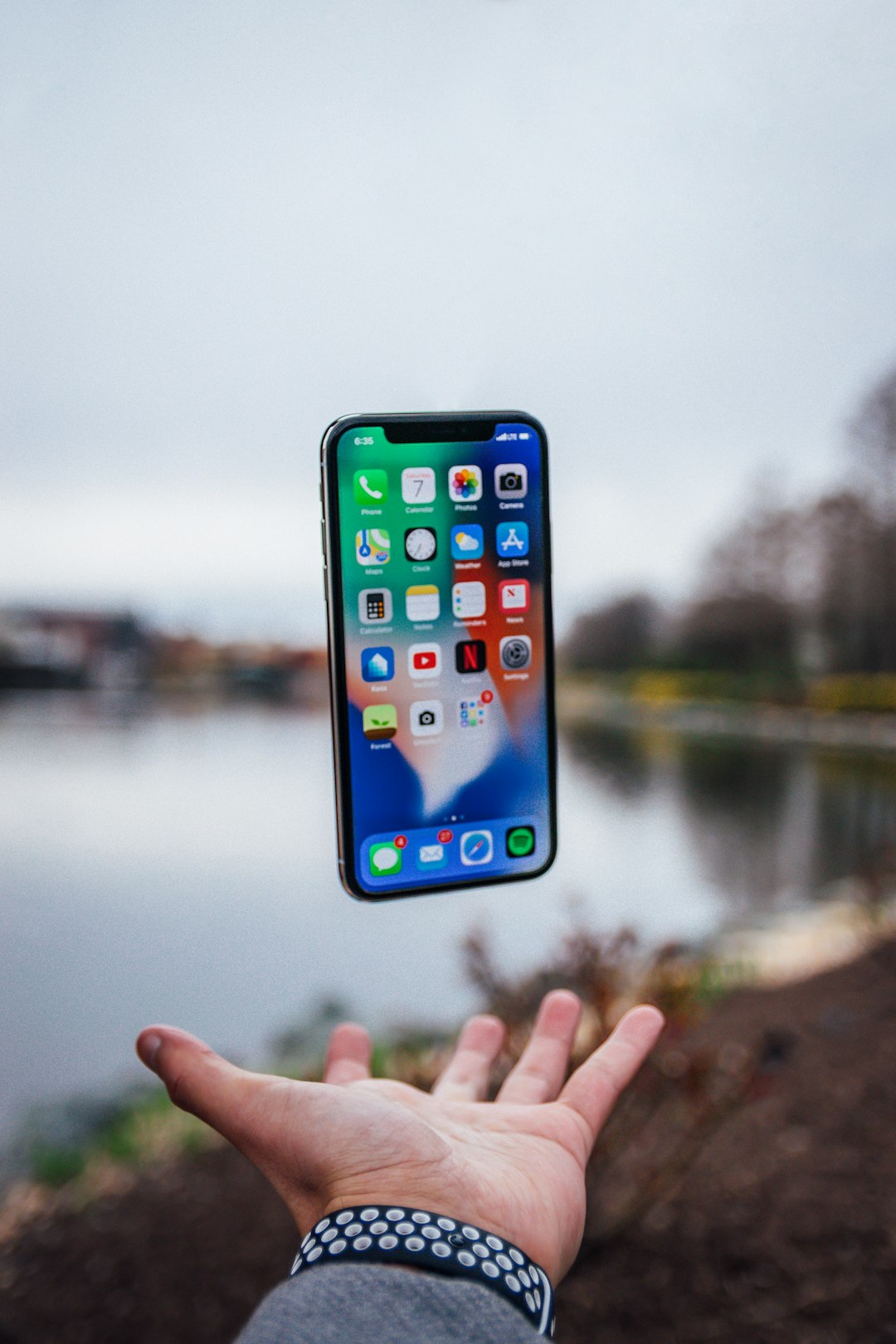
In the legal perspective, the battle against persistent robocalls takes on a crucial dimension when considering consumer protection and privacy rights. Regulations targeting autodialers, also known as robot calls or automated dialing systems, have been put in place to safeguard residents of major cities like Joliet and Aurora from unwanted and excessive telemarketing. In Chicago, an autodialer lawyer plays a vital role in ensuring these laws are upheld and consumers are protected. These regulations restrict the use of automated dialing equipment without prior consent, thereby reducing the mental health toll associated with frequent robocalls.
The Telephone Consumer Protection Act (TCPA) is a landmark legislation that has been instrumental in curbing abusive telemarketing practices. It imposes strict rules on autodialers, requiring businesses to obtain explicit consent from recipients before making automated calls. With the increasing sophistication of technology, autodialer lawyers in Chicago stay abreast of evolving legal landscapes to help residents navigate their rights and seek remedies for any violation, thereby fostering a more peaceful and less cluttered communication environment.
Strategies for Mitigating Robocall Distress and Empowering Residents

Robocalls, while often seen as a nuisance, can have significant psychological impacts on individuals, especially those in densely populated areas like Joliet and Aurora. To combat this growing concern, several strategies are being employed to mitigate the distress caused by these automated calls and empower residents.
One effective approach is education and awareness. Residents can learn about techniques to block or filter out unwanted robocalls using tools provided by telecommunication companies or dedicated apps. Additionally, legal actions against persistent robocallers can serve as a deterrent. An autodialer lawyer in Chicago, for instance, can help individuals navigate the legal system to stop invasive robocalls and seek compensation if necessary. By combining technological solutions with legal measures, residents can regain control over their communication channels and reduce the mental toll of incessant robocalls.
